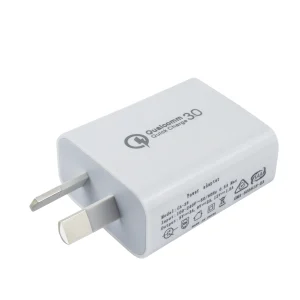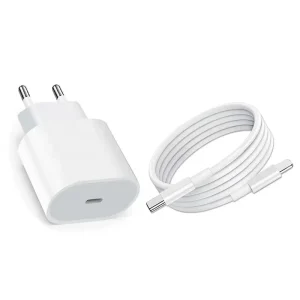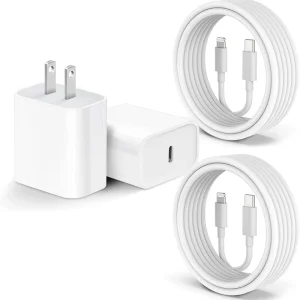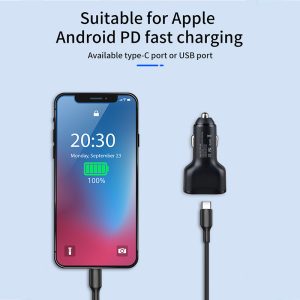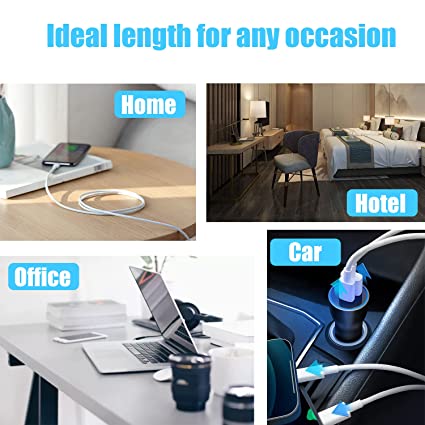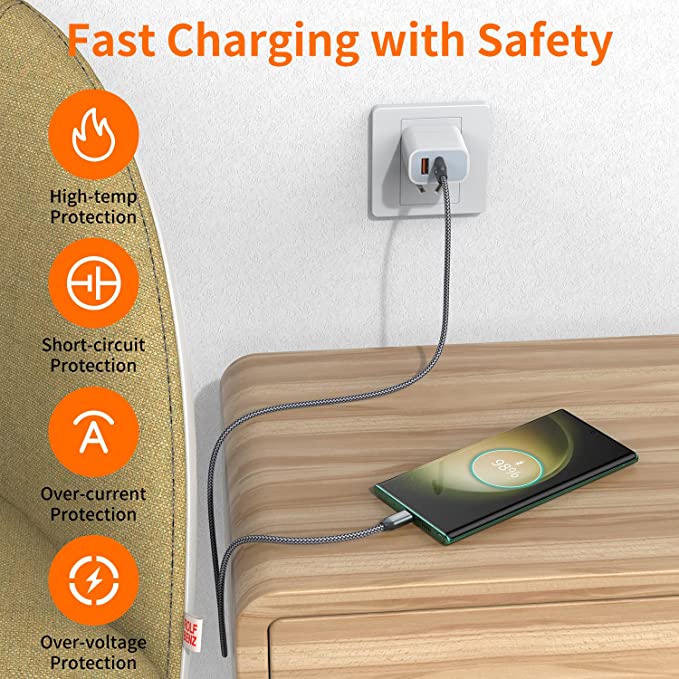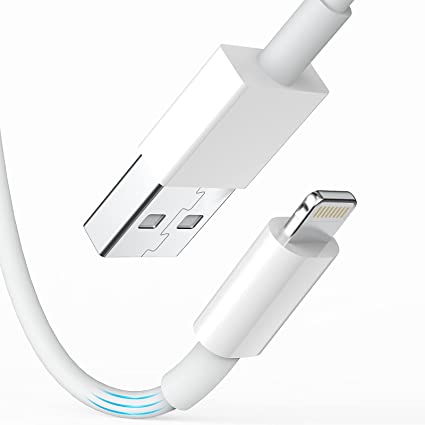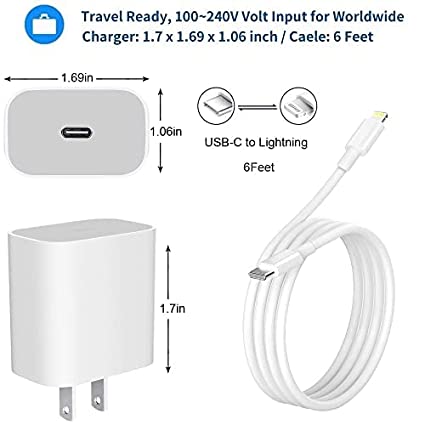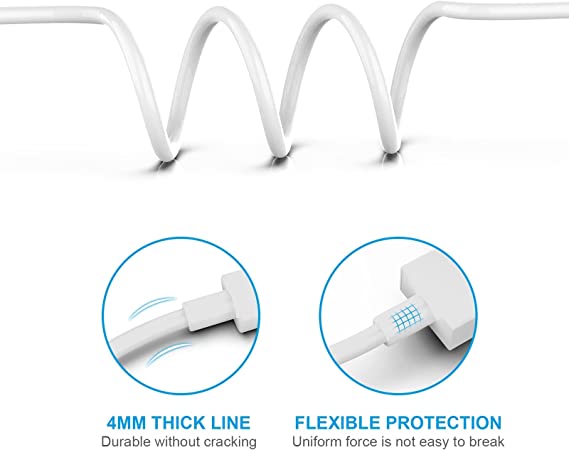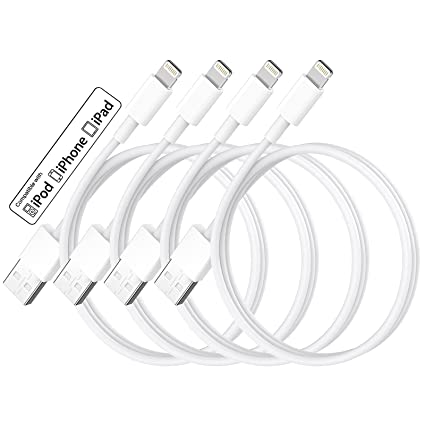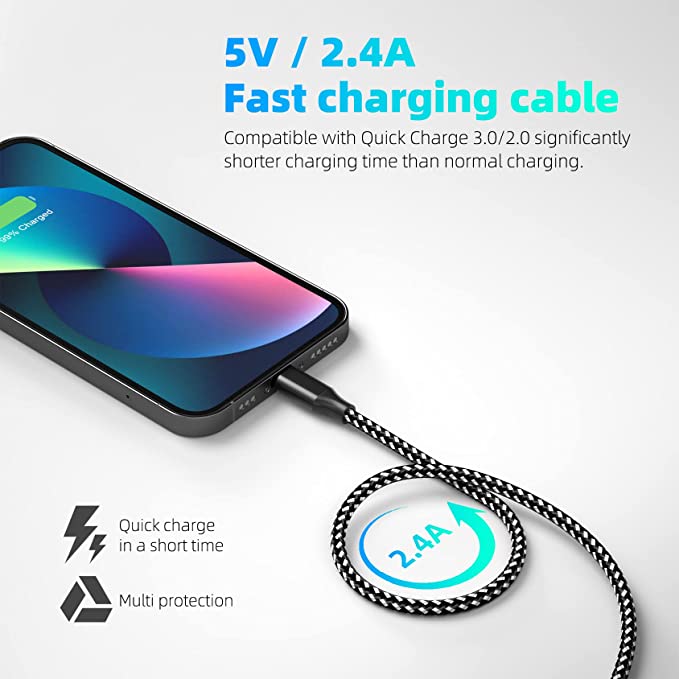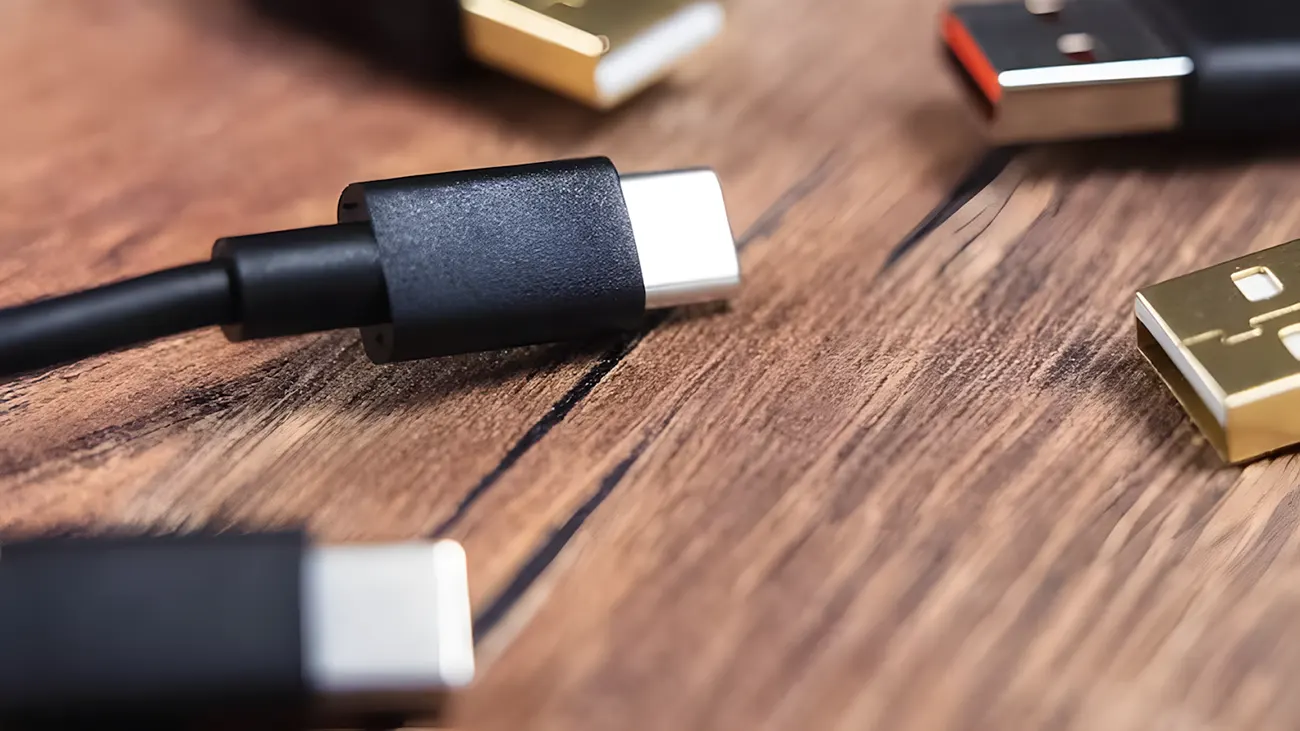A Guide to IPhone Charger Types and Battery Replacements
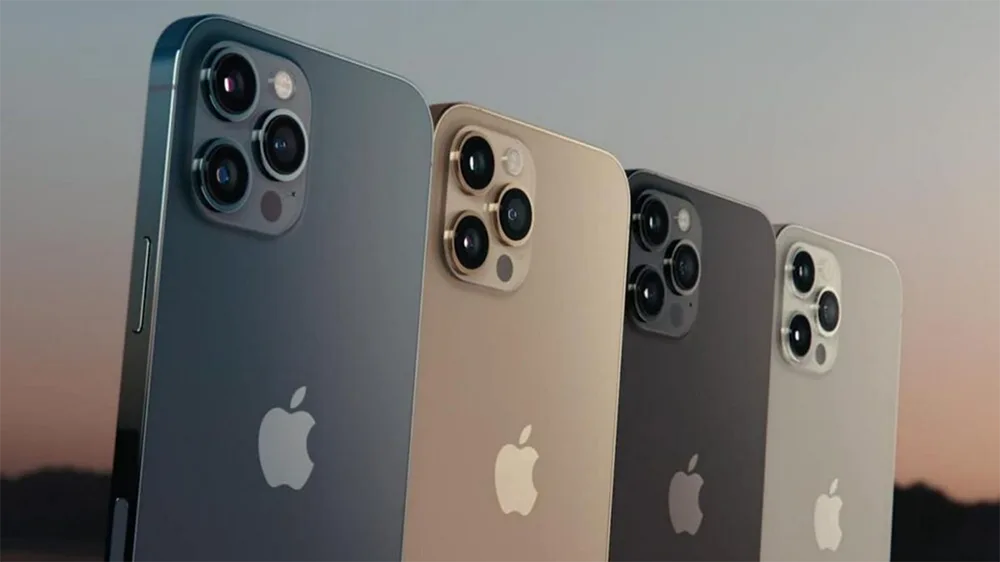
Ah, the humble iPhone, our faithful companion in the digital age. But even the mightiest of devices require a little juice now and then. As you embark on this journey through the realm of iPhone charging, let me be your guide through the maze of cables, chargers, and batteries. Just like navigating through a bustling marketplace, finding the right charging solution for your iPhone can feel like finding a needle in a haystack. But fear not! With our expert guidance, you’ll soon be equipped with the knowledge to make informed decisions and optimize your iPhone charging experience.
What Charger Types Can I Use With My Iphone?
You can use any of the adapters listed below to charge your iPhone, iPad, Apple Watch, or iPod. You can also use a Mac USB-C Power Adapter or third-party adapters that comply with applicable safety standards. There are several iphone charger types available, each designed to cater to different needs and charging preferences. Here are some of the charger types that you can use with your iPhone.
- USB Power Adapters:
USB power adapters are the wall plugs used in conjunction with the Lightning cable to charge your iPhone. Apple offers a range of power adapters with varying wattages, including 5W, 12W, 18W, 20W, and more. The higher the wattage, the faster your iPhone can charge, provided your device supports faster charging speeds. These adapters feature foldable prongs for portability and are available with different plug types to suit various international power outlet standards. - Wireless Chargers:
Wireless chargers utilize electromagnetic induction to transfer energy from the charging pad or stand to the iPhone without the need for a physical cable connection. You simply place your iPhone on the charging pad or stand, and the charging begins through contact. They come in various shapes, sizes, and designs, offering convenience and eliminating the wear and tear that comes with plugging and unplugging cables. They’re ideal for bedside tables, desks, or any location where you can set your phone down. Learn more about wireless fast charging technology. - USB-C Power Delivery (PD) Chargers:
USB-C PD chargers, paired with USB-C cables, allow for faster charging for iPhones that support USB-C fast charging. These chargers offer higher power output levels than traditional USB-A chargers, enabling rapid charging for compatible iPhone models. They are versatile and can be used to charge multiple devices, including laptops and tablets, making them a more universal charging solution. - Portable Power Banks:
Power banks are portable, external battery packs that provide a convenient way to charge your iPhone on-the-go. They come in various capacities, ranging from small, pocket-sized chargers to larger, higher-capacity ones. These power banks connect to your iPhone via a USB cable and can be a lifesaver in situations where access to a power outlet is limited or unavailable. - Car Chargers:
Car chargers, also known as car adapters, are devices that plug into your vehicle’s cigarette lighter or USB port. They allow you to charge your iPhone while driving, making them convenient for road trips or daily commuting. They come in various configurations, including single or multiple USB ports, and often support rapid charging for devices.
When choosing a charger for your iPhone, it’s essential to consider factors such as charging speed, compatibility with your device, safety certifications (like MFi certification for Apple products), build quality, and convenience for your specific needs. You can find dozens of random brands , but it is always advisable to invest in reliability.
We will highly recommend you to give APPHONE a try and you will be amazed with our high quality services. We proudly hold approvals from Apple MFI, USB, RoHS, CE, FCC, REACH, UL, and ISO certifications, reinforcing our commitment to excellence in producing a diverse range of electronic products. We are professional in the field and also offer customized solutions. As a professional B2B wholesale fast charger Adapter production supplier, APPHONE is here to support your Business. We understand the importance of meeting the unique needs of your business.
We offer flexible fast charger interface customization, including USB A, USB C, and multi-port designs. Whether you need chargers for older devices or the latest Type-C interfaces, we can customize according to your requirements, ensuring compatibility with a wide range of devices.
How To Choose A Charger For Your iphone?
Choosing the right charger for your iPhone involves considering several factors to ensure optimal charging performance and device safety. Here’s a guide to help you make an informed decision:
- Check Apple’s Recommendations:
Always start by checking Apple’s official recommendations for chargers. Apple provides guidelines on its website, indicating compatible chargers and their specifications. This ensures that you choose a charger that meets Apple’s standards and reduces the risk of damage to your device. - Genuine Apple Chargers:
Whenever possible, opt for genuine Apple chargers or those certified by Apple. These chargers are specifically designed for Apple devices, ensuring compatibility and adherence to safety standards. Genuine chargers may cost a bit more, but they offer reliability and reduce the risk of potential issues. - Charging Speed:
Consider the charging speed offered by the charger. iPhones support different charging speeds, and this can vary based on the charger’s wattage. If you want faster charging, look for chargers with higher wattage, keeping in mind that not all iPhones support the fastest charging speeds. Click to read the detailed charging standards of historical iPhone models. - USB-C or USB-A:
Understand the type of connector your iPhone supports. Recent iPhone models often come with USB-C to Lightning cables for faster charging. Check your iPhone’s charging port – if it’s USB-C, you may want a USB-C power adapter. If it’s a Lightning port, you can use USB-A or USB-C to Lightning cables, depending on the charger. - Wireless Charging:
If you prefer a wireless charging option, ensure that the charger is Qi-compatible. iPhones support wireless charging, and there are various Qi-certified wireless chargers available. Check for features like MagSafe compatibility for secure attachment and alignment. Learn more about the QI wireless charging standard. - Consider Your Usage:
Consider your charging needs and usage patterns. If you need a charger for travel, compact and portable options may be essential. For home use, you might opt for multi-port chargers to power multiple devices simultaneously. - Safety Features:
Prioritize chargers with built-in safety features, such as overcurrent protection, overvoltage protection, and short circuit protection. These features can safeguard your iPhone from potential damage caused by electrical issues. - Read Reviews:
Before purchasing a charger, read reviews from other users. This can provide insights into the performance, durability, and compatibility of the charger. Look for reviews on reputable websites or platforms to ensure authenticity. - Budget Considerations:
While genuine Apple chargers are recommended, if budget is a concern, there are reputable third-party chargers available. Ensure that these chargers are MFi (Made for iPhone) certified to guarantee compatibility and safety .One such reputable manufacturer is APPHONE.
By considering these factors, you can make an informed decision when choosing a charger for your iPhone, ensuring efficient charging and maintaining the longevity of your device’s battery.
APPHONE has extensive experience in manufacturing a variety of iPhone chargers, including wall chargers and car chargers. With a focus on innovation, quality materials and circuit protection, APPHONE creates reliable and affordable iPhone charging options for budget-conscious users.
-
Fast Charger
AU plug 20W Power Adapter with PD cable fast charging for iPhone 14 13 12 11
Read moreRated 0 out of 5 -
Fast Charger
EU plug 20W Power Adapter with PD cable fast charging for iPhone 14 13 12 11
Read moreRated 0 out of 5 -
Fast Charger
US plug 20W Power Adapter with PD cable fast charging for iPhone 14 13 12 11
Read moreRated 0 out of 5
How To Choose A Battery For Your Iphone?
Has your iPhone seen better days? Maybe it’s been dropped, overcharged or mishandled and now the battery just isn’t holding charge like it used to. But your phone still works great otherwise, so replacing just the battery makes more sense than buying a whole new device. Here are a few things to keep in mind when choosing a battery replacement:
- Check Compatibility:
To find the right battery for your iPhone, it’s crucial to verify compatibility with your specific iPhone model. iPhones often have unique battery requirements based on the model and generation. Consult your iPhone’s model number or visit the Apple’s website to determine the correct battery model that suits your iPhone. - Quality and Reliability:
Prioritize batteries from trusted manufacturers or authorized sellers. Authentic batteries undergo rigorous testing and are built to meet quality standards, ensuring reliability and longevity. They might be slightly more expensive, but they tend to offer better performance and safety compared to cheaper, generic alternatives. - Capacity and Specifications:
The replacement battery you choose should closely match or exceed the original battery’s specifications in terms of voltage, capacity (measured in mAh), and technology. Ensure the replacement battery offers a comparable or higher capacity to maintain or improve the battery life of your iPhone. - Certification and Warranty:
Seek batteries that come with relevant certifications such as CE or UL, indicating compliance with safety and quality standards. Additionally, prioritize batteries that offer a warranty. A warranty ensures coverage in case of defects or issues with the battery, providing reassurance regarding its quality. - Read Reviews and Ratings:
Before purchasing a replacement battery, explore reviews and ratings from other users. Real-world experiences can provide valuable insights into the performance, durability, and reliability of specific battery models. Focus on reviews that discuss battery life, performance over time, and compatibility with different iPhone models. - Professional Installation:
While some might consider replacing the battery themselves, opting for professional installation is often recommended. Authorized service centers or skilled technicians can ensure proper installation, reducing the risk of damaging your iPhone during the replacement process. This also ensures that the battery is installed correctly and securely. - Battery Life and Longevity:
Consider batteries that offer extended battery life and longevity. Some replacement batteries claim to have enhanced lifespans or improved performance compared to original batteries. Research and compare different batteries to identify those that offer better durability and sustained performance over time. - Price and Value:
Evaluate the price of the replacement battery in relation to its quality, features, and warranty. While cheaper options might be tempting, prioritize value over just the initial cost. A slightly higher-priced battery from a reputable brand might offer better performance, longer lifespan, and additional features that justify the cost.
By carefully considering these factors, you can confidently select a replacement battery that aligns with your iPhone’s requirements, ensuring optimal performance, safety, and durability.
And there you have it, dear charger enthusiasts! Armed with the wisdom gained from our journey through iPhone charging essentials, you now possess the keys to unlock the full potential of your device.
With our customizable production capabilities, APPHONE enables you to create charging solutions that are as unique as you are. From personalized colors and adjustable cable lengths to chargers with multiple connection ports, the possibilities are endless.
So, whether you are a corporate buyer looking to enhance your product range, or an electronic accessories brand eager to get the latest innovations, you can trust APPHONE to deliver exceptional service every time.
With APPHONE by your side, you can trust in our expertise to deliver customized charging solutions that cater to your every need. So, go forth, charge boldly, and may your iPhone never be without power!
What should I do with my old iPhone charger?
They essentially create electronic waste or e-waste — and CNN reports that there are roughly “66 million tons of electronic waste generated each year.” To limit the amount of e-waste generated, Apple has a global recycling program where you can take back used chargers and cables to your local offline store. You can also look for local e-waste recycling centers.
Can I use a 100w charger for my iPhone?
Yes you can. The charger doesn’t “push” power; it just supplies the power “drawn” by the device. The iPhone will only draw the amount of power it needs to charge.
Is there a fake iPhone charger?
If you’re using an iPhone, you must be aware that using fake iPhone chargers can be damaging to your precious phone. Therefore, it is crucial to use a regular and reliable iPhone charger. Since Apple phones do not come with a charger, users need to purchase it separately. It happens that APPHONE is a factory specializing in the production of iPhone chargers and cables. Welcome to contact us for mass production.
Does the iPhone support QC?
The QC protocol is a fast charging technology that helps chargers charge devices 4 times faster than traditional 5-watt chargers. However, this protocol only applies to QI wireless chargers on iPhone devices, and regular wall chargers for iPhones only support the PD fast charging protocol.
Share This Artcle:

Fast delivery
Fastest delivery within 22 days

Quick proofing
Fastest 3-day proofing cycle

After-sale protection
24-month long warranty

1V1Customer Service
Professional customer service follow-up

